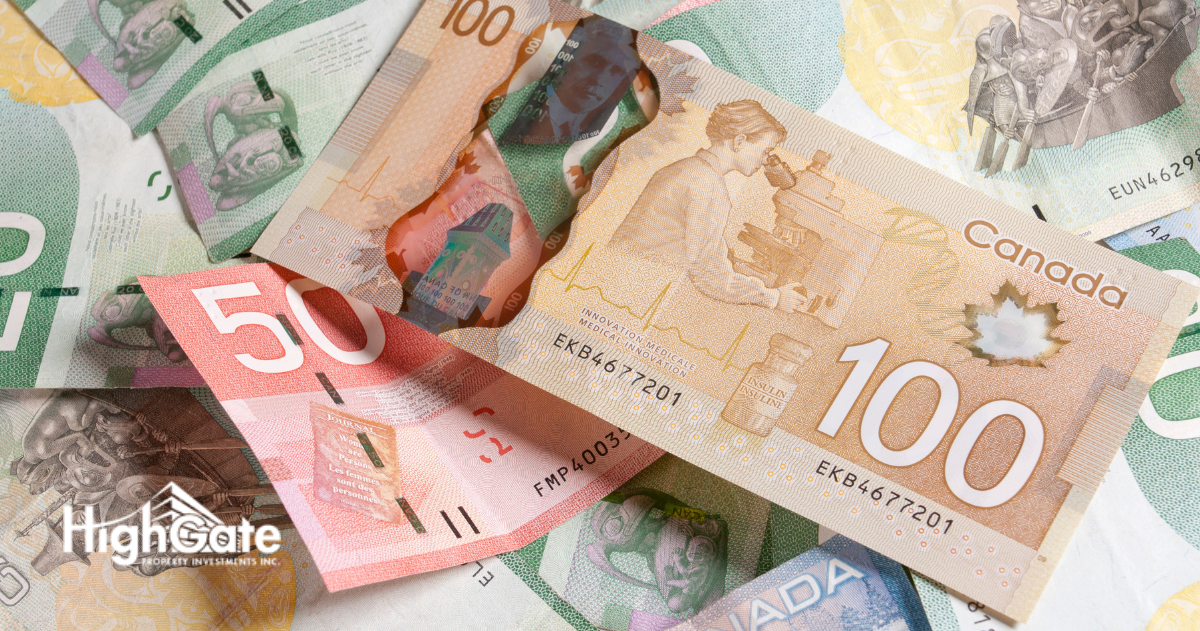In a perfect world, Toronto landlords would come by to collect their keys from vacating renters and find their apartments spotless. In reality, tenants leave behind all kinds of mess – food forgotten in the fridge, traces of paint on the walls, mystifying stains on the carpet. Human nature being what it is, we’re rarely as careful with other people’s property as our own.
But what does a landlord have to put up with? When is it a stain too far?
Legally speaking, tenants are only responsible for “ordinary cleanliness”. Of course, this provision, s33 of the Residential Tenancies Act (RTA), is open to interpretation but it doesn’t give GTA landlords a lot of leeway when it comes to imposing rules around keeping things tidy.
The bottom line is that tenants are under no obligation to do a deep clean when their let is up. Responsible renters will generally do their best to leave the unit as they found it, but landlords don’t have any recourse if they don’t.
And sometimes there are legitimate reasons that a tenant might skip the last clean. They may be moving in a hurry, preoccupied with logistics, or physically unable. This is a situation where there has to be some give and take between the landlord and their soon-to-be-former tenant.
How to handle cleaning negotiations
1. Lower your expectations
When dealing with tenants, it’s best to be realistic. Don’t expect them to dust the curtain rails or clean behind the fridge as it’s highly unlikely they’ll go the extra mile to leave your property in sparkling shape.
If there are certain items that you really need cleaned, you can always ask. But bear in mind that your tenant is well within their rights to refuse, so be courteous and tactful about how you approach these. Try not to attach blame but frame it as being merely considerate for the next renter, and be appreciative if they do make the effort.
2. Keep good records
You may not be able to entice renters into cleaning, but landlords have more protection when it comes to actual damage to property. If something’s broken, you’ll need hard evidence to prove your case so it’s a good idea to document the state of your unit when you transition between tenants.
Take time stamped photographs before a tenant moves in and again when they move out so you can clearly assess whether there’s been any damage. General wear and tear, such as scuffed baseboards, are not considered damages under the RTA, but “wilful damage’ such as holes in the walls will meet the threshold.
3. Follow-up
Take some time between tenants to do your own deep clean and schedule any repairs if necessary. You’ll have to let the new tenants know if you want to undergo any repairs during their lease, and make sure it’s at a time that’s convenient for them.
If your former tenant is responsible for the damage, you’ll have to stay in touch with them to arrange payment. Should they refuse to pay, landlords can apply to the Landlord and Tenant Board (LTB) for a hearing on their case, although this could be a long drawn out process as the LTB deals with persistent delays due to a pandemic backlog.
4. Hire a professional
If in doubt, enlist an experienced property manager. These professionals can help landlords navigate any disputes or arrange repairs. Property owners who are new to renting or those who have more than one rental will find them especially useful as they save them time, money, and stress.
Highgate Property Investments offers full-service tenant management so landlords never have to deal with tenant disputes, rent collection, maintenance, repairs, or evictions. Contact our team today to enjoy stress-free passive income on your GTA property investment!





